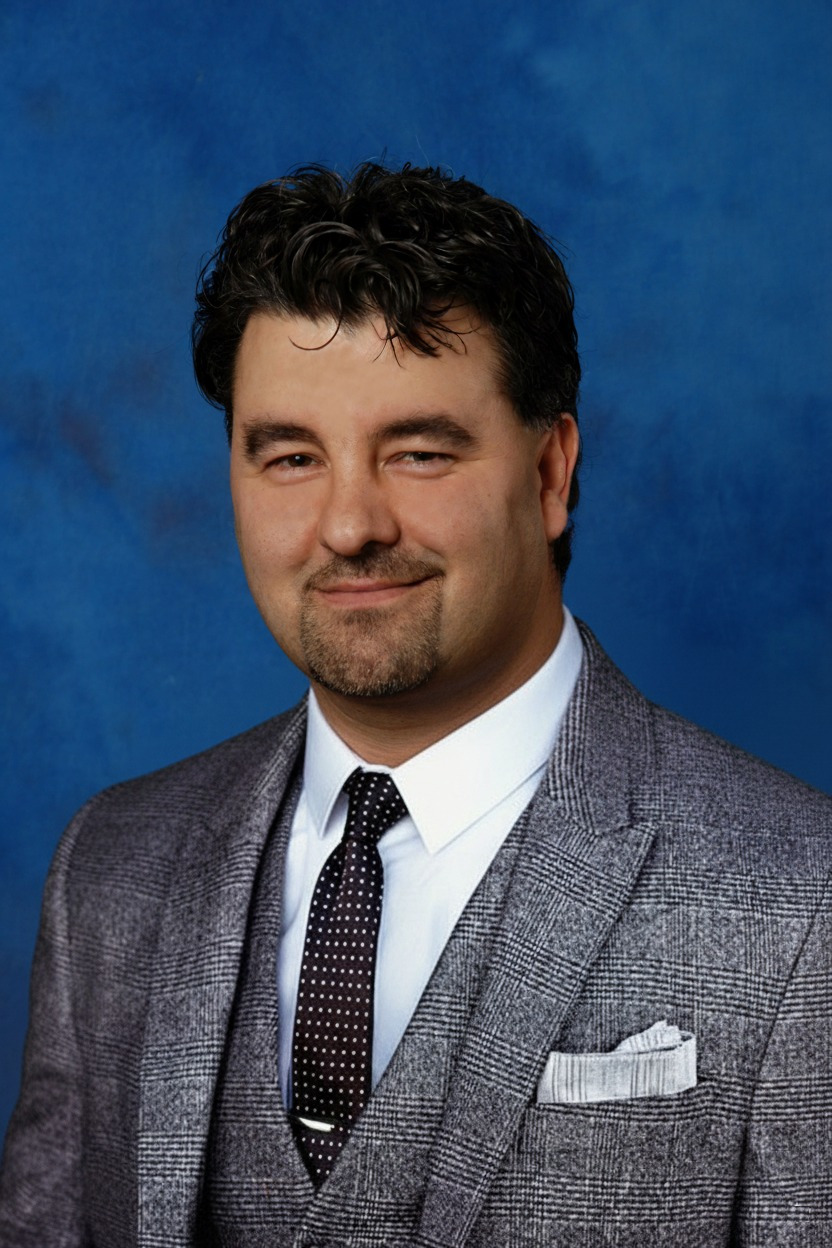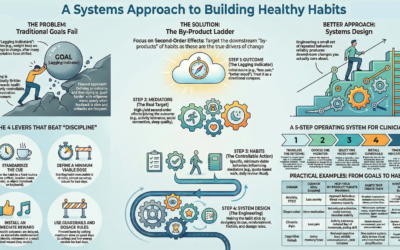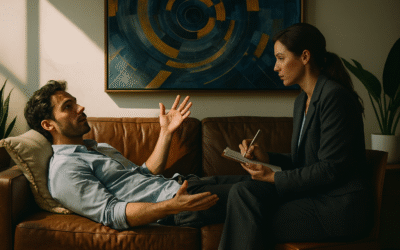I want my girlfriend back.
I want to drive again.
I want to go back to work.
After a brain injury or mental health crisis, people don’t ask for techniques.
They want their lives back.
Relationships. Freedom. Purpose.

What therapy actually feels like.
It’s not linear. It’s not always visible.
Some days, it’s making a phone call you’ve been avoiding for weeks.
Other days, it’s showing up, calm, focused, present, for something that would’ve knocked you flat a month ago.
Maybe even walking a little further than last week.
Progress doesn’t always look like healing.
Sometimes it looks like courage, clarity, or a moment of connection you thought was gone.
Therapy facilitates these shifts, supporting the restoration of skills, independence, and the life you want to get back to.
New & Better Ways of Doing Valued Things
You don’t get to choose whether you have a health condition or not, but you do get to decide how you move forward.



AboutDennis Radman, PhD(c), MSW, RSW, CBIS |
I stand at the nexus where resilience meets reinvention. I am a Rehabilitation Counselor, not merely by trade but by calling and a conviction as unyielding as the human spirit. I’ve navigated the nuanced tapestry of human challenges for over two decades. My role? A guide, a confidante, a strategist. I delve into the complexities of the human condition, untangling the knots of adversity to reveal the potential within. Each day, I embark on a journey alongside individuals who are themselves voyagers, braving the tempests of life’s trials and tribulations.
My approach is not just about coping; it’s about thriving. In the grand narrative of each client’s life, I strive to be a ghostwriter, subtly contributing to their chapters of triumph and transformation. I listen, not just with ears, but with empathy. I speak not just with words but with wisdom. Together, we chart a course toward a future not defined by the past but illuminated by the possibilities of what can be.
So, here I stand, a counsellor, armed with a Master’s in Social Work, an ally, a beacon of hope in the complex journey of human rehabilitation. If your path demands a guide, who believes in the power of human resilience, I am here. The script of life is ever-unfolding, and I am ready to play my part in your story of renewal and rediscovery.
My Services
Consultation
My Philosophy
Client-Centered Approach


Why Choose Me

With a lifetime of personal and professional experience, I bring a distinctive perspective and offer a unique approach.
Articles
My Blog
Stop Chasing Goals. Build the Conditions That Make Them Happen.
There is a better way to think about change. It focuses on second-order effects. Instead of asking “What do I want?”, it asks “What conditions reliably produce the kind of change I want, even when motivation fluctuates?”
If you have seen one brain injury, you have seen one brain injury
This GCS is handy in an emergency. However, when those scores are translated into a permanent label: mild, moderate, or severe, we encounter difficulties.
Because the truth is: if you have seen one brain injury, you have seen one brain injury. No two are the same.
Beyond the Buzzwords: Client-Centred or Client-as-Partner?
Rehabilitation outcomes are influenced not only by the type and quality of interventions provided but also by the nature of the clinical relationship between the rehabilitation professional and the client. Two conceptual approaches are often discussed in this context: client-centred care and the client-as-partner model.



